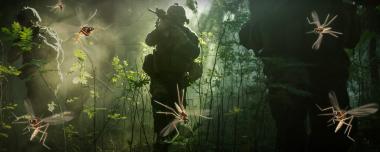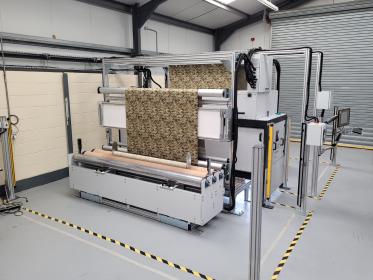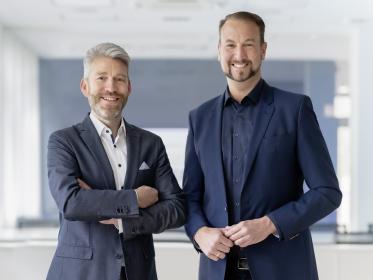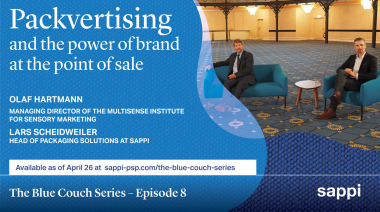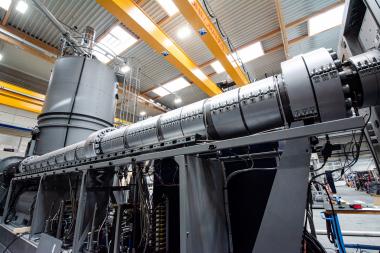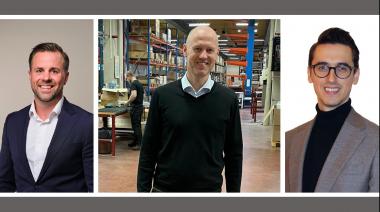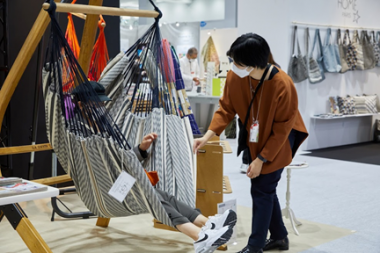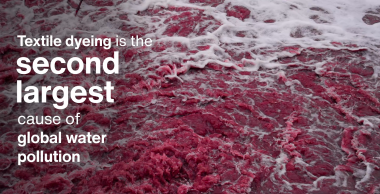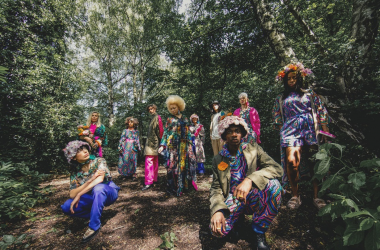C.L.A.S.S.: Launch of Imagining Sustainable Fashion Award 2023
The launch of the third edition of the Imagining Sustainable Fashion Award started on October 27, 2022. The Imagining Sustainable Fashion Award (ISFA) is the international competition born out of the collaboration between Connecting Cultures, the foundation that guides the Out of Fashion platform, and C.L.A.S.S., an international eco-hub that since 2007 has been advocating for a new generation of fashion in which the union of design, innovation, communication, and responsibility shapes a conscious and competitive business, capable of playing both an economic and social role.
The Imagining Sustainable Fashion Award invites stylists, photographers, designers, illustrators and artists to create visual imagery, a project that highlights awareness, respect for people and the planet that define the values of sustainable fashion in the fashion system.
Award submissions will be examined by an international jury composed of:
- Anna Detheridge, Founder and President, Connecting Cultures
- Giusy Bettoni, CEO and Founder, C.L.A.S.S.
- Rita Airaghi, Steering Advisor, Gianfranco Ferré Research Center
- Paola Arosio, Head of New Brands & Sustainability Projects, Camera Nazionale della Moda Italiana
- Jeanine Ballone Managing Director, Fashion 4 Development
- Evie Evangelou, Founder and President, Fashion 4 Development
- Sara Kozlowski, Vice President of Program Strategies, Education, and Sustainability Initiatives, Council of Fashion Designers of America
- Dio Kurazawa, Founding Partner, The Bear Scouts
- Renata Molho, journalist, former editor-in-chief of L'Uomo Vogue and former editor-at-large of L'Uomo Vogue, Vogue Italia, Casa Vogue
- Stefania Ricci, Director, Museo Salvatore Ferragamo
- Jovana Vukoje, Senior New Brands Specialist, Camera Nazionale della Moda Italiana
The winning projects of past editions were Take a Walk on the Green Side by Emma Scalcon (2021 - Italy) and Fashion Affair by Vishal Tolambia (2022 - India), two very different works that highlighted how challenging sustainability issues are in the contemporary communication landscape.
The deadline for submissions is Wednesday, January 25, 2023.
The winner will be announced in March 2023 and will receive a cash prize of €3,000.00.
C.L.A.S.S.







